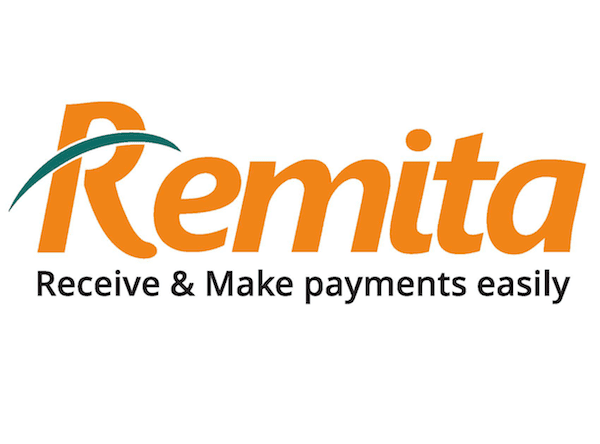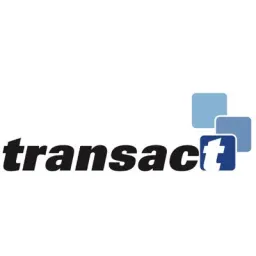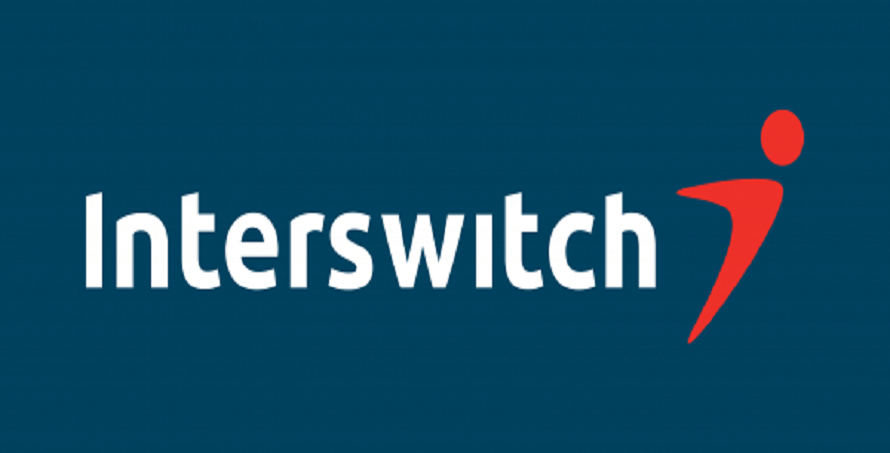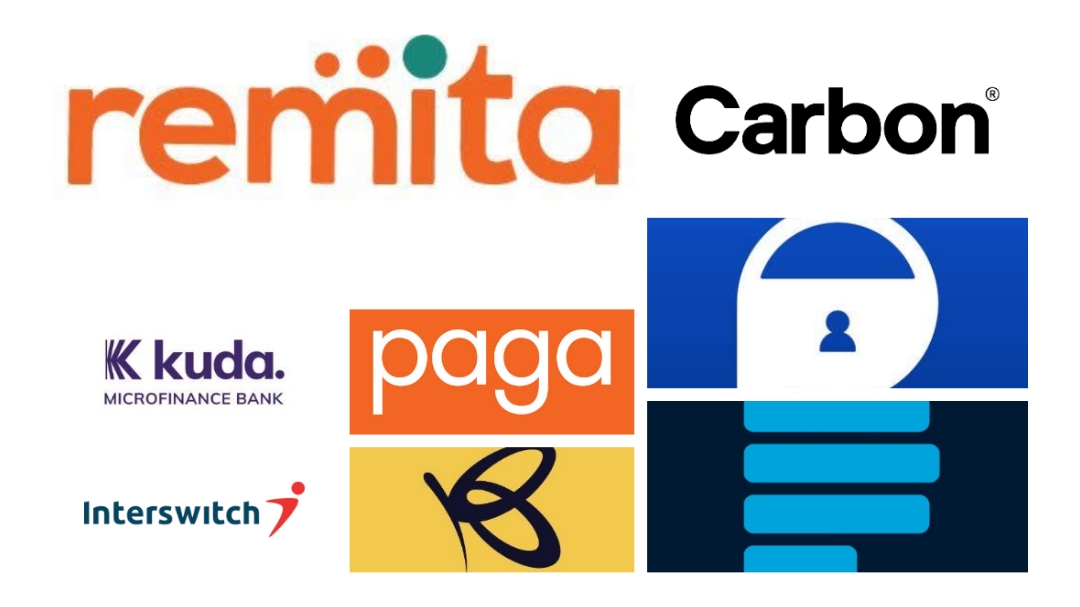Nigeria’s Fintech industry has evolved with many significant milestones over the years – from integrating with social media, employing chat-bots, and implementing mobile payment solutions that make life easier for Africans. Many financial institutions also look at blockchain technology as an efficient way to process money transfers across borders quicker than traditional methods.
From the emergence of mobile money and payments to the growth of startups, Nigeria is an attractive spot for international investors.
Nigeria has more people with mobile phones than with bank accounts. The evolution of Nigeria Fintech Nigeria includes M-Pesa and other mobile payment services such as Lipa na M-Pesa, Branchless Banking Solutions, and Cell pay, among others.
The regulatory environment that enabled businesses like NIBSS (Nigeria Inter-Bank Settlement System), established in 1993, to operate, marked the beginning of the fintech revolution in Nigeria. Financial transactions are now available in both P2P and P2B settings thanks to NIP (NIBSS Instant Payment), an online real-time Inter-bank payment service, and NAPS (NIBSS Automated Payment Services).
With a success record of 99%, NIP may be among the most effective payment systems worldwide in the Nigeria Fintech Industry. The main concept underlying direct bank payments (EFT) disrupting cards at merchant locations is somewhat dependent on NIP’s dependability because it is so reliable.
Although there are many Fintech players in the Nigeria Fintech Industry, attention would mostly be on four players: Interswitch, SystemSpecs (Remita), UPSL, and eTranzact. On the other hand, NIBSS is more of a regulated entity controlled by banks.
Fintech 1.0 players came onto the scene when there were apparent problems that needed to be handled, and banks didn’t necessarily view these IT firms (as you may have known them at the time) as competitors but more as enablers. This explains why any modern fintech would find it nearly impossible to construct the advantages, synergies, and infrastructure these early firms could create with the banks in those days.
Table of Contents
The Evolution of the Fintech Industry In Nigeria
-
Remita

Remita
SystemSpecs (Remita) is a pioneering Nigerian fintech company responsible for several cutting-edge payment solutions in the Nigeria fintech Industry. Most notably, Remita serves as the primary payment gateway for the Federal Government TSA initiative, which saves the Nigerian government N540 billion (US$1.2 billion) annually (roughly US$148,800 per hour).
According to Central Bank of Nigeria data made accessible to the public for 2019, Remita processed around N20.9 trillion (US$46 billion) transactions in 2019. No other fintech company in Nigeria has the critical infrastructure that Remita does, which enables it to undertake direct account-to-account payment transaction authorizations.
A mobile payment app for numerous banks that allows you to profile various bank accounts and conduct business with them all through a single user interface. Remita developed multiple more cutting-edge payment methods in the Nigerian fintech industry.
-
Transact

Transact
Transact, another key figure in Fintech 1.0, was created in 2003. Transact, a leading TPP (Third Party Processor) for MasterCard in Africa, provides Transaction Switching and Payment Processing services, much like other Fintech 1.0 businesses. It’s important to note that Etranzact is the first and, as far as I can tell, only Nigerian fintech company to be listed on the NSE (Nigerian Stock Exchange).
-
UPSL

UPSL
Another innovative Fintech 1.0 player, Unified Payment Services Limited, was established in 1997 by a group of top Nigerian banks. UPSL is a significant player in Nigeria’s fintech Industry, even though it is unknown to observers outside of Nigeria. UPSL has infrastructure across major Nigerian banks that enables it to perform some debit and credit transactions, similar to Remita (albeit not to the same extent).
One of the main switches that supply electricity to the bulk of POS Terminals in Nigeria is UPSL. UPSL has a 40 to 60 percent market share (or perhaps more) of transaction switching in this market, given that NIBSS data indicates that more than N6.43 trillion (US$15.5 billion) in transactions were posted via POS terminals in Nigeria. Additionally, UPSL is accountable for a few ground-breaking initiatives in the Nigerian fintech industry, including introducing widely used Naira cards.
Read Also: How Small Businesses Can Benefit from Fintech Companies in Nigeria
-
Interswitch

Interswitch
Interswitch was created in 2002. The lack of appropriate infrastructure for digital power payments, particularly cards, was a serious issue that Interswitch was formed to address. Transactions using debit cards may not have even existed in Nigeria before Interswitch; before Interswitch, a debit card from any bank worldwide was essentially useless in Nigeria. Interswitch provided one of the first card switches to enable ATM operations on a national scale, a game-changer for the economic environment at the time. Additionally, Interswitch enabled online payment gateways for retailers to accept digital payments from customers.
The Impact of Fintech in Nigeria
Nigeria has a lot of potential to become a leader in international Fintech markets because there are few reliable financial institutions and a low level of financial literacy. One way it can do that is by becoming a leading hub for fintech innovation. As a result of the fintech revolution, the cities and urban areas now have access to quick and easy financial services and support. Here are the impacts of fintech in Nigeria;
-
The Finance Industry
Fintech activity in Nigeria began with payments and expanded into other areas, following the evolution of fintech in other markets. Currently accounting for 15% of all banking revenue in the nation, payment solutions are expanding. Beyond this, consumer lending—and, increasingly, asset management—are focal points for fintech activity. At the same time, insurance, across all segments, is an untapped opportunity for those who can leverage technology to provide affordable healthcare premiums, enhance insurance distribution, and create differentiated pricing based on customer data.
One of the largest sectors in the world has always been financing. The same is true for Nigeria and all of Africa. Nevertheless, while becoming a significant economic sector, it has challenges that impact the typical Nigerian consumer and the financial industry. For instance, bank consumers frequently voice concerns about the availability of appropriate products and services, subpar customer service, the inability to obtain funds quickly, and exorbitant bank fees.
These gaps were made by regional banks, which Nigerian fintech then exploited globally. This has enabled the sector to establish itself in the finance sector. In addition, the fintech industry in Nigeria has used technology to develop streamlined and straightforward financial services and solutions for customers.
-
Development of Financial Technologies
Nigeria has had an astounding advancement in financial technologies. Today, Nigeria is home to more than 200 prosperous fintech organizations, both new and established. These businesses have generated many technological goods and services.
Moreover, to deliver exceptional customer service and experience, these fintech organizations have provided solutions to banks, commercial institutions, mobile network carriers, and other organizations.
-
Mobile Payments
You have access to mobile payments, flexible investments, savings options, rapid loans, and cost-effective payment plans. The term “fintech” is now well known in the financial community in Africa. It has produced a setting where startups can grow, fostering innovation, creativity, and productivity.
In recent years, Nigeria’s fintech industry has welcomed sizable foreign investments, corporate mergers, and partnerships. Nigeria’s fintech sector, for instance, the Fintech industry in Nigeria raised more than USD 600 million in funding between 2014 and 2019. Recently, Kuda Technologies, a fintech that provides mobile-first banking services in Nigeria, raised $25 million in Series A funding led by Valar Ventures.
Isn’t that crazy?
Thanks to the entrepreneurs who worked relentlessly to make fintech in Nigeria what it is today, it continues to advance positively. For Nigeria, Fintech is an opportunity to leapfrog its financial legacy and drive economic growth. The opportunities are vast and diverse – from using mobile technology to unleash new forms of commerce, increasing access to finance for lower-income Nigerians, or disrupting outdated approaches such as micro lending that were never designed for Africa.
-
Job Opportunities
Numerous job possibilities have been created due to Nigeria’s fintech industry’s change. For example, data analysts, app and web developers, data programmers, cybersecurity professionals, and others fall under this category.
-
Economic Impact
According to a Frost and Sullivan analysis, Nigeria’s fintech revenue is predicted to reach $543.3 million in 2022, a significant increase from the $153.1 million it generated in 2017. Fintech can easily flourish and expand since it is supported by a sizable ecosystem and regulatory organizations like the CBN. Additionally, this encourages the ecosystem to anticipate future innovation.
Read Also: Top 7 African Countries for Business Investment and Expansion
The economic impact of fintech in Nigeria is enormous. The usage of mobile finance can potentially increase Nigeria’s annual gross domestic product (GDP) by $3.7 trillion, according to the 2016 Financial Inclusion Report.
Government Policies and Strategies
The Nigerian government is the main force driving the development of the fintech industry in Nigeria. Nothing would be done if they disagreed with the concept. As a result, the governments of Nigeria have taken a leading role in creating strategies and regulations that support a structured digital economy.
The digital policy and strategies, which aim to offer a strategy that makes it feasible to employ technology to boost growth in Nigeria’s sectors, are an example of this policy. This plan will aid in the expansion of the nation’s economy.
The Nigeria Fintech industry has grown because the country offers lower taxation, and it is one of the fastest-growing economies. In addition, the Nigerian government is encouraging the growth of Fintech by considering legislation for the industry.
Regulations in the Evolving Fintechs in Nigeria
Depending on the specific operations, different regulatory agencies have distinct rules that apply to the fintech industry in Nigeria.
The Central Bank of Nigeria, a capital regulatory organization, oversees financial technologies (CBN). In Nigeria, the CBN is the principal regulatory authority for the financial services sector.
The laws governing the fintech sector include some of the following:
- Nigerian regulations for mobile money services
- Nigerian laws governing the transfer of money internationally
- Rules governing the use of electronic payment methods
- license and oversight guidelines for payment service banks
- Unstructured supplemental service data usage guidelines.
Some regulators of Nigeria Fintech Industry
- Securities and Exchange Commission (SEC)
- Corporate Affairs Commission (CAC)
- The National Information Technology Development Agency (NITDA)
- National Communication Commission (NCC)
You want to know more about the fintech industry? Subscribe to our YouTube Channel and watch our experts dissect the industry.
Safety As It Involves The Evolution Of The Fintech Industry in Nigeria
The fintech industry in Nigeria has experienced tremendous growth, but it has also faced several obstacles that have continually stymied future expansion. Compared to the situation in developed countries, the Nigerian fintech industry appears to be struggling. This is due to several factors, including (but not limited to) regulatory obstacles, ambiguous regulations, public ignorance, and illiteracy that results in a lack of trust in fintech companies, ignorance on the part of regulatory agencies regarding e-commerce, and fintech fraud, etc.
In terms of clients, most consumers do not view fintech as viable enough or trustworthy despite these companies’ new products and services due to ignorance and illiteracy. They still favor using conventional banks for deposits and transactions. This indicates that there is still much public education for the fintech companies.
Because most fintech companies are vulnerable to cyberfraud and their systems are constantly under attack by fraudsters and hackers, fraud and cybersecurity issues have also contributed to some difficulties.
Conclusion
The fintech industry in Nigeria has grown considerably and accounts for a sizable portion of the country’s GDP. The fintech industry in Nigeria will undoubtedly continue to grow significantly with the help of the government and other important stakeholders.
It is undeniable that the stakeholders in the fintech ecosystem wield significant power over the future of banking and financial services. Undoubtedly, this sector will forever have significance to the government or other stakeholders.
What do you think about the evolution of the fintech industry in Nigeria? Join our Whatsapp Community to discuss the issues concerning Nigeria’s finance industry.
About Author
Latest entries
 Business InsightsFebruary 1, 2024Introduction to Google Adsense and How to Earn With it
Business InsightsFebruary 1, 2024Introduction to Google Adsense and How to Earn With it Business InsightsDecember 5, 2023Top 10 Construction Companies in Nigeria
Business InsightsDecember 5, 2023Top 10 Construction Companies in Nigeria



8 comments
This is very insightful. No time wasted reading this article. I am more than well informed now. Looking to reading more educative works like this.
Thanks
Kudos bro. This is educative.
Brilliant 👍
This is really educating
Great job
Quite an insightful and detailed article about the FINTECH in Nigeria… You’ve done a great job here Ade, well done!
Cool
Awesome
This is such an expository article. Well done 👍